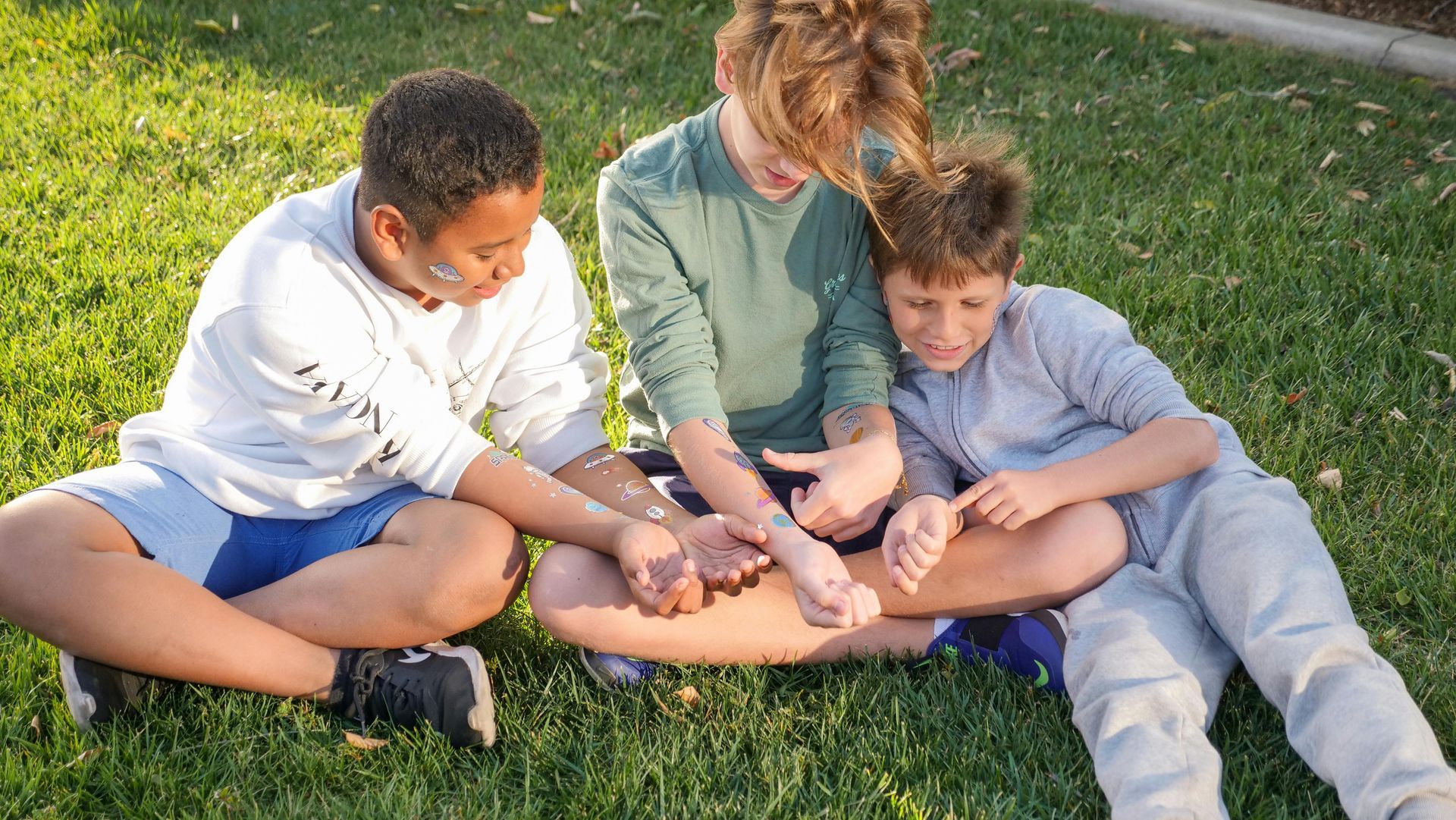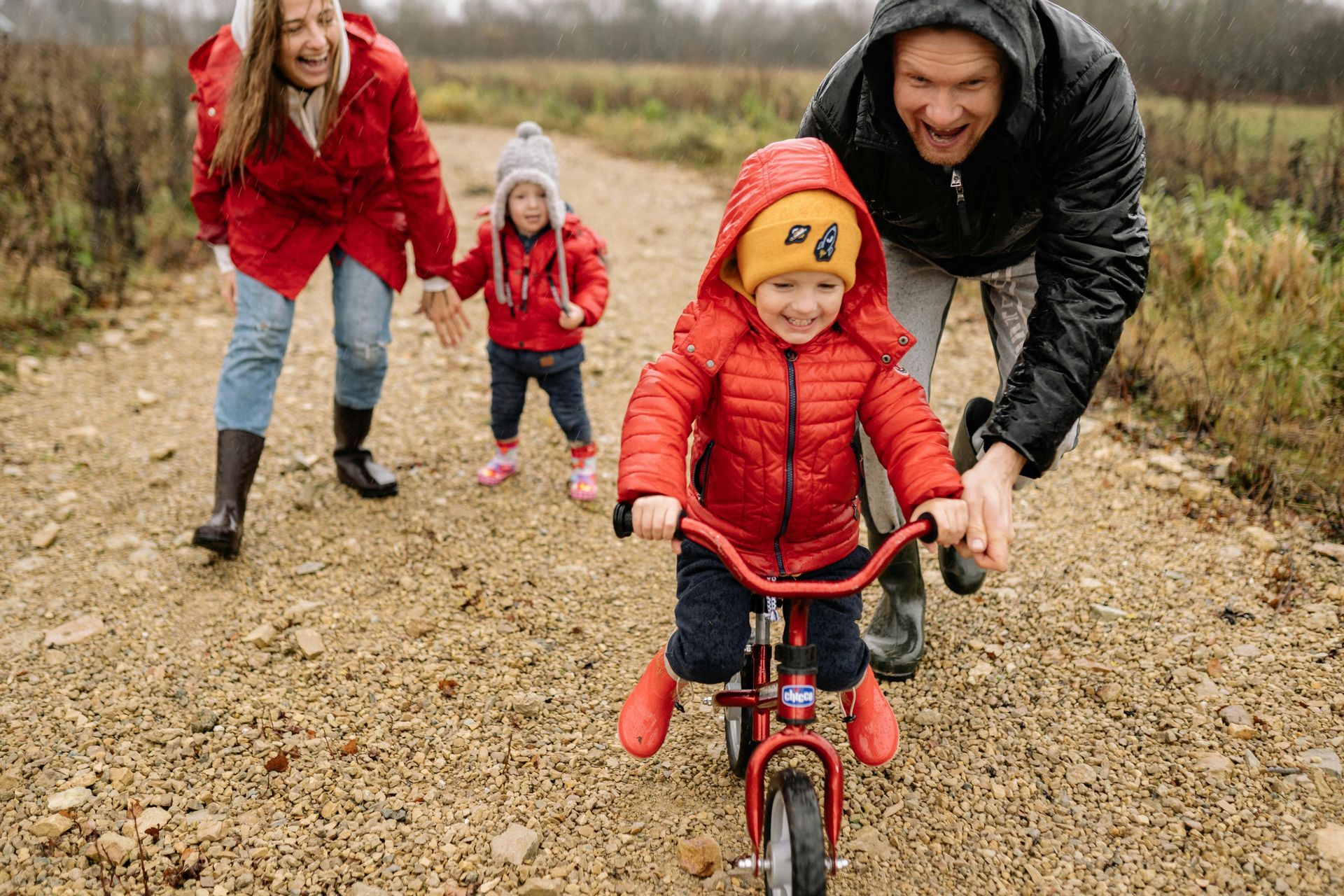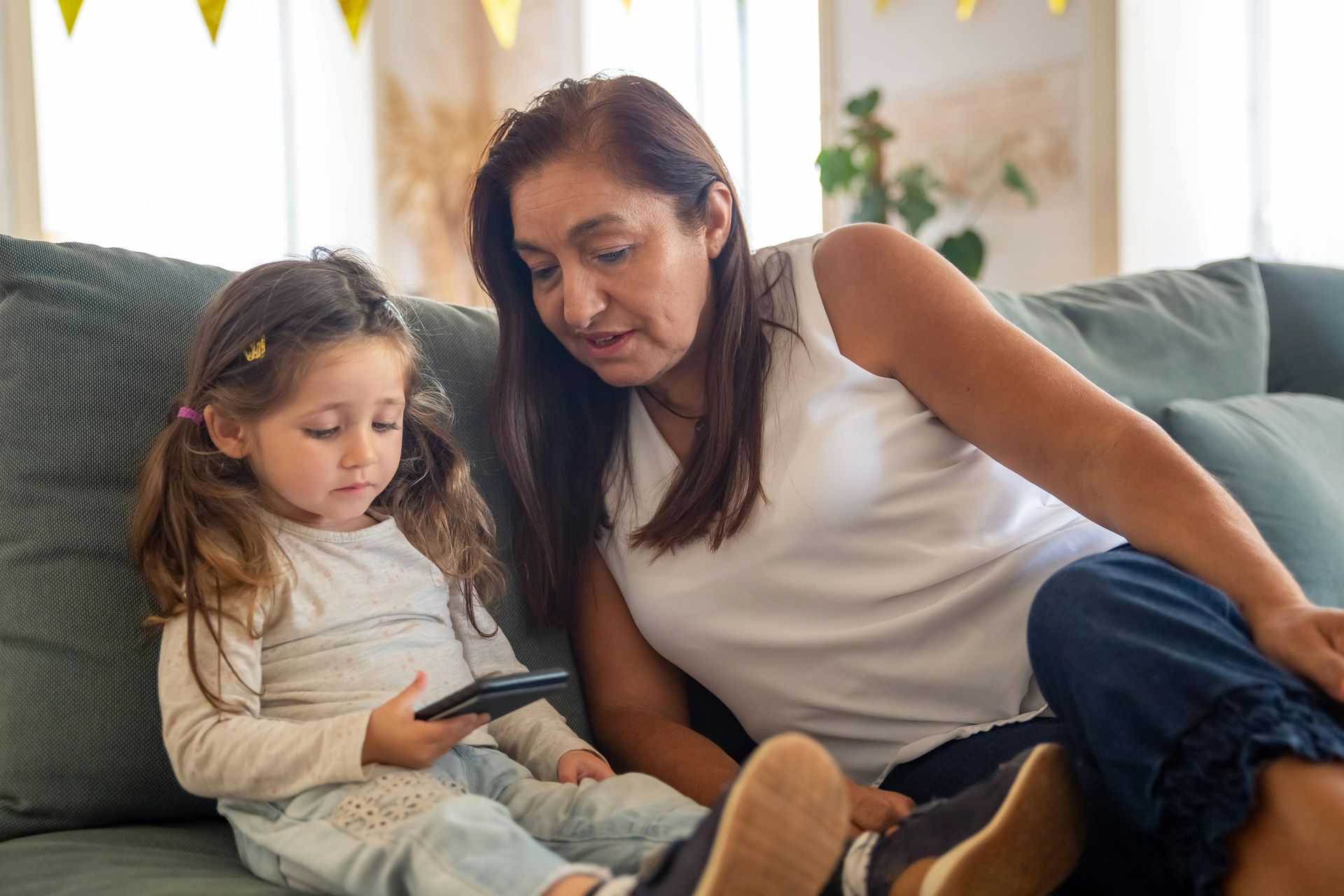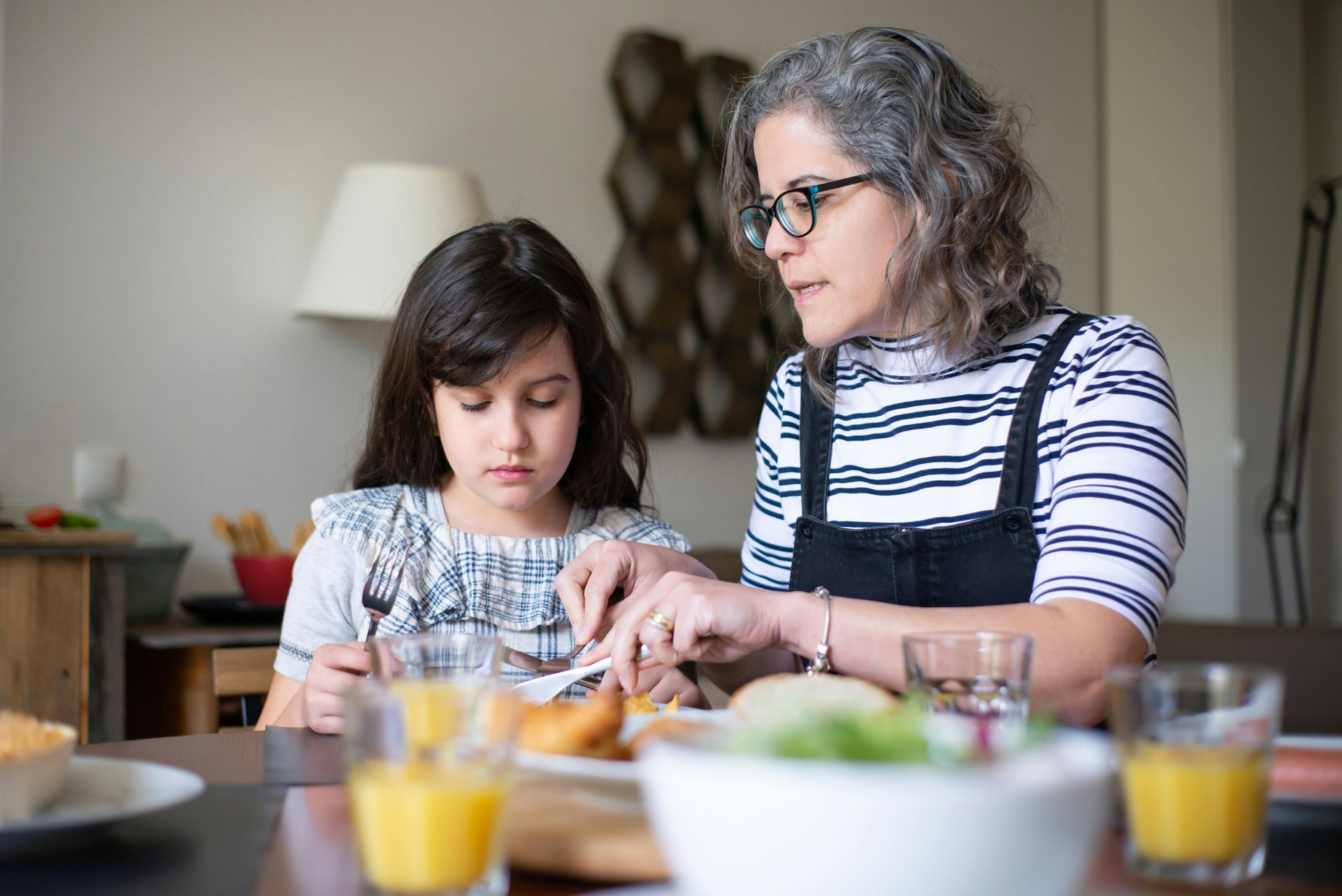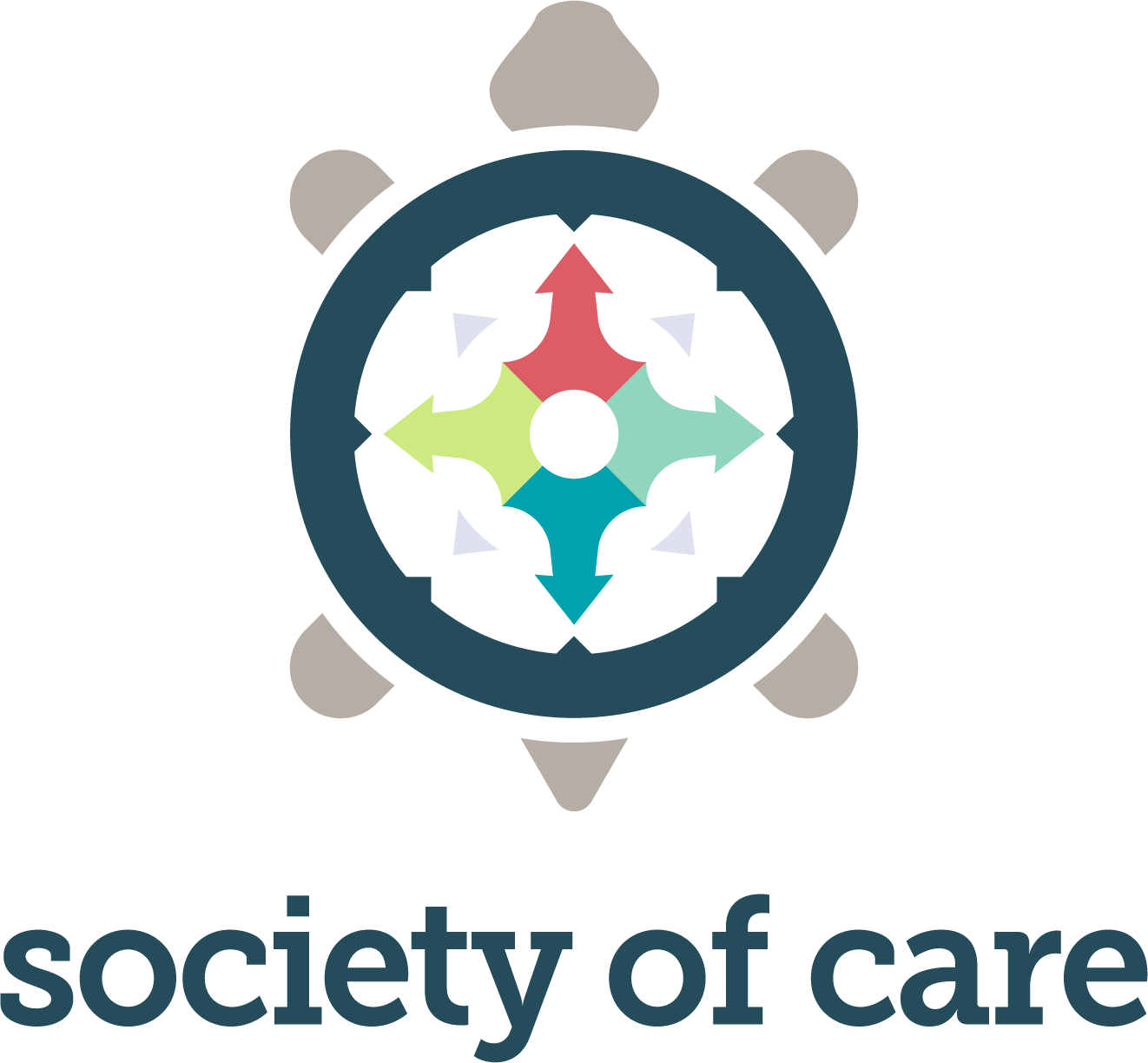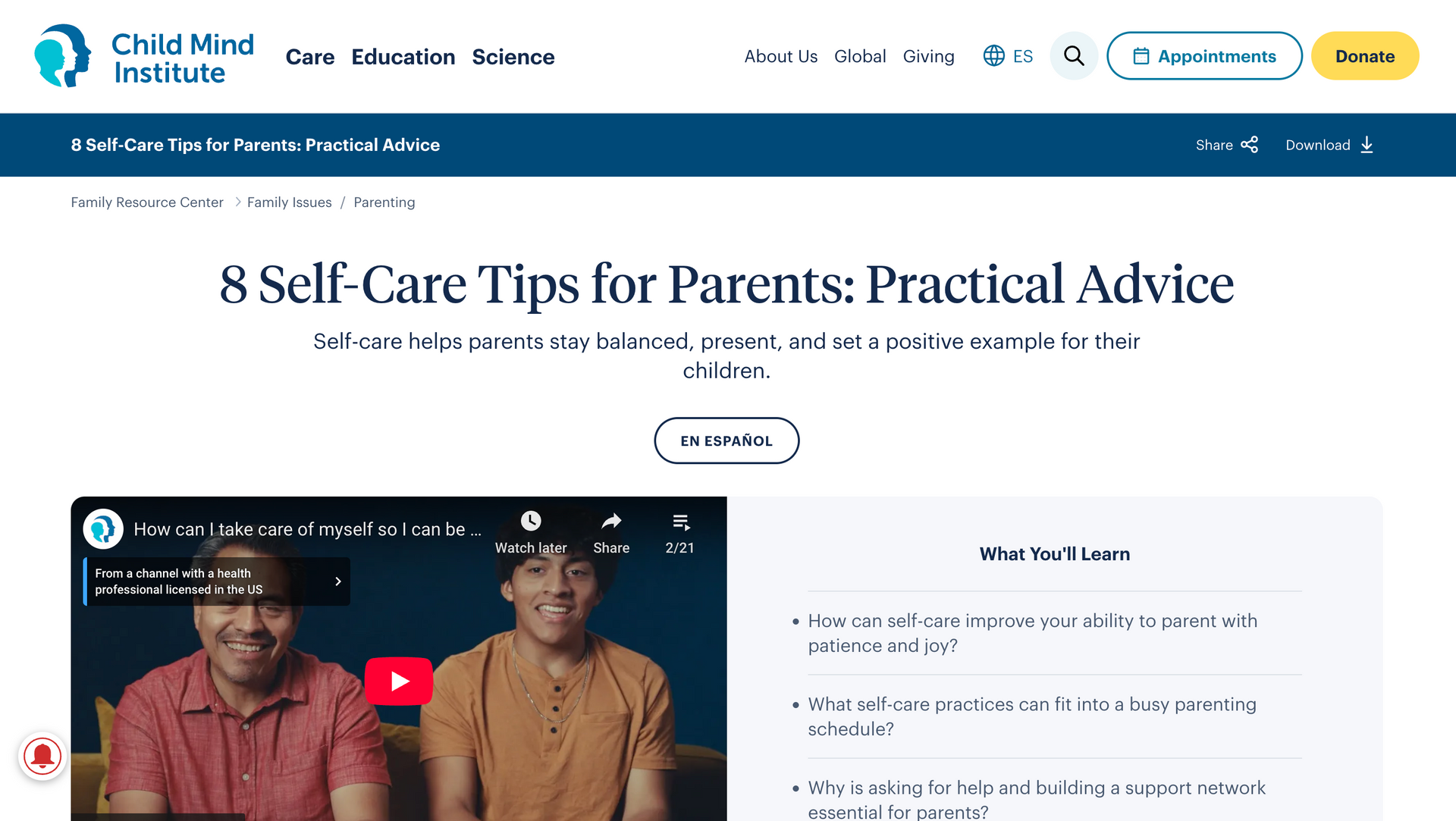Caregiver Self-Check: Re-centering Before the Fall Rush
August is often described as a bridge month. The intensity of summer may be winding down, but the demands of fall are just around the corner. For caregivers, it’s a season of transition and an ideal time to pause and assess your own needs before the full weight of school schedules, appointments, and changing routines begins.
At Society of Care, we know how easy it is for caregivers to get swept up in everyone else’s needs. But small moments of reflection now can lead to more balance, energy, and resilience in the months ahead. Taking the time to re-center before the fall can help prevent burnout and improve the quality of care you provide to those who rely on you.
Why a Caregiver Self-Check Matters
Caregivers are often the engine behind their households or client support networks. But even engines need maintenance. When your tank is empty, it becomes harder to stay patient, organized, or emotionally available. Checking in with yourself doesn’t require a big overhaul. It’s about noticing what’s working, what’s not, and making a few intentional adjustments.
By doing a quick self-check, you’re giving yourself permission to step back and make choices that preserve your energy. Many caregivers don’t notice the early signs of depletion until stress becomes unmanageable. A small pause now can help you avoid larger setbacks later.
Start With a Gentle Inventory
Here are some questions to reflect on:
- How am I feeling physically? (Tired, energetic, tense, well-rested?)
- How’s my emotional bandwidth? (Am I patient or irritable? Calm or overwhelmed?)
- What routines are working well right now? (Are mornings smooth? Is bedtime peaceful?)
- What parts of the day feel most stressful or rushed?
- When was the last time I did something just for myself?
- Are there any recurring thoughts or feelings I’ve been pushing aside?
These aren’t meant to create guilt. They’re meant to spark awareness. You can jot your responses down or simply think them through during a quiet moment. The goal is to recognize areas where small adjustments could make things easier.
Simple Ways to Re-Center Before Fall
You don’t need to overhaul your life to feel more grounded. Here are a few low-effort, high-impact strategies:
1. Reset One Daily Routine
Choose one small routine to streamline or improve. Such as morning prep, after-school transitions, or your own bedtime. A five-minute tweak can have ripple effects on your entire day. You might try prepping backpacks the night before, setting out clothes, or building in a quiet moment before everyone wakes up.
2. Schedule One Thing That Fills Your Cup
Whether it’s a solo walk, journaling, a coffee with a friend, or sitting outside in silence. Protect that time like it’s a doctor’s appointment. Add it to your calendar, set reminders, and treat it as non-negotiable. Restorative time doesn’t need to be long to be effective.
3. Prepare a “Busy Season” Toolkit
Make a list of things that help when life gets hectic. This might include go-to meals, favorite grounding techniques, or a list of people you can text when you need support. Keep it somewhere visible. Think of it as your personal safety net for stressful weeks. Include logistics too, like an emergency grocery list or quick dinner ideas.
4. Set Boundaries Early
If you know fall tends to bring an overwhelming number of commitments, practice saying “Let me think about it” instead of yes right away. Guard your time and energy before it gets overbooked. Communicate clearly with family, schools, or support professionals about what you can reasonably commit to this season.
5. Check Your Supports
Are there systems, resources, or people that you’ve been meaning to reach out to or return to? Now’s the time to reconnect with therapists, mentors, care teams, or peer support. This might also be a good opportunity to delegate a few tasks or ask for help, even in small ways.
You Deserve to Feel Steady
Caregiving is not seasonal, it’s ongoing. But you don’t have to go into fall running on fumes. This small window of August is a chance to breathe, reset, and re-center. Not just for those you care for, but for yourself.
Taking stock of your mental and physical well-being now gives you the power to enter the next season with clarity and intention. The more supported you are, the better equipped you are to support others.
Society of Care is here to walk with you through every season, with encouragement, resources, and reminders that your well-being matters too.
Looking for more simple, supportive tools for the loved ones in your care? Enjoy these additional resources and explore our blog for ideas that help you nurture connection, one moment at a time. Or, Join our mailing list where we share more resources that accompany our blog posts.
Join Our Mailing List
